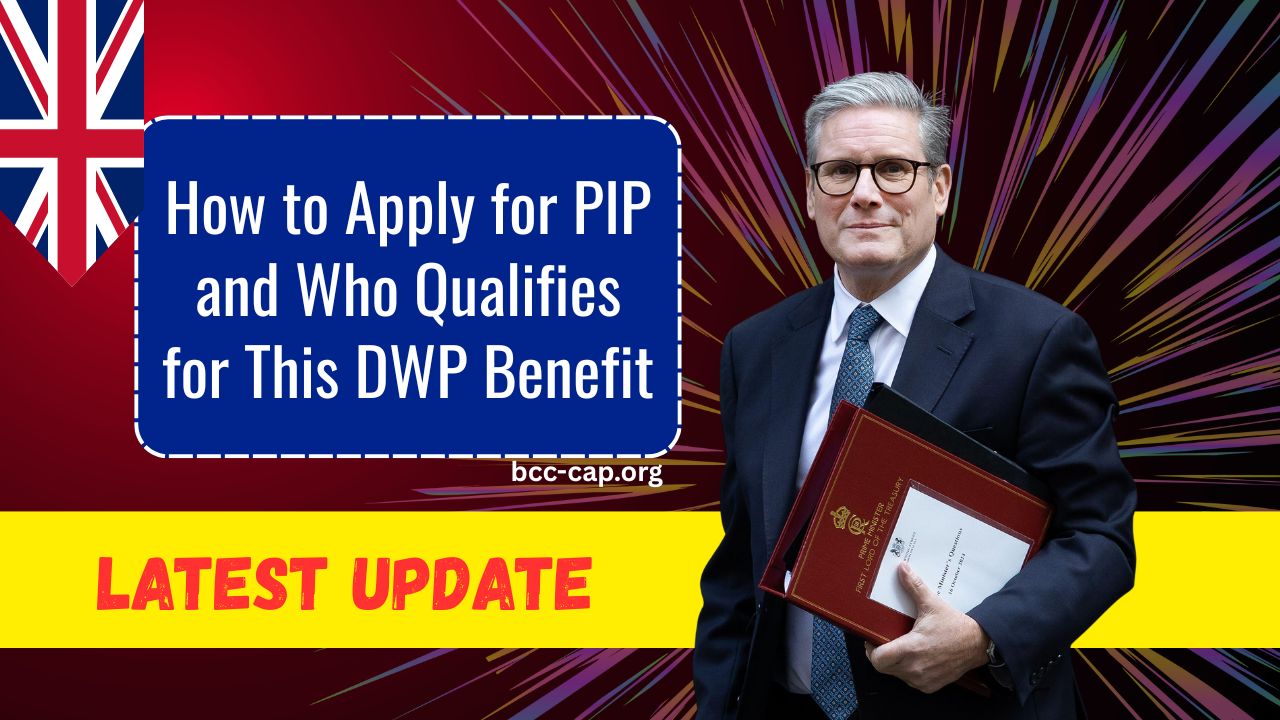Personal Independence Payment (PIP) is a non-means-tested benefit available to individuals under the State Pension age who struggle with daily activities or mobility due to a long-term physical or mental health condition or disability.
It’s not linked to National Insurance contributions and remains accessible whether you’re employed, have savings, or are receiving other benefits.
Who Can Receive PIP?
You may qualify for PIP support if you:
- Are 16 or older but below the State Pension age
- Face difficulty with everyday tasks or moving around due to a chronic health issue
- Are in or out of employment
- Have savings or other benefits
PIP is tax-free, and you can receive it regardless of your financial circumstances or work status.
How Does PIP Help?
PIP provides financial support to cover extra living costs when your condition interferes with your ability to live independently. This could include difficulty with:
- Preparing meals
- Managing medication
- Dressing
- Personal hygiene
- Mobility
- Communication or social interaction
Components of PIP
PIP is divided into two parts:
| Component | Purpose | Weekly Rates (2025) |
|---|---|---|
| Daily Living Part | Helps with tasks such as eating, dressing, and hygiene | £73.90 (lower) / £111.40 (higher) |
| Mobility Part | Supports difficulties with moving around or navigating | £29.20 (lower) / £77.05 (higher) |
You may receive either one or both components, based on the severity of your limitations.
How to Apply for PIP
To begin your PIP application, you must contact the DWP. You can:
- Call the free helpline on 0800 917 2222
- Use Relay UK by dialing 18001 then 0800 917 2222 (for hearing/speech difficulties)
- Write a letter to request a paper form
You will be asked detailed questions about how your condition affects your daily life and mobility. Most applicants will also need to undergo a PIP assessment, which typically lasts an hour. However, assessments may be waived in clear-cut cases.
Special Provisions for Terminal Illness
If you’re nearing the end of life due to a terminal illness, you’ll automatically qualify for the daily living part of PIP. Eligibility for the mobility component will depend on your specific circumstances.
Recent Updates on PIP Reform
The Department for Work and Pensions (DWP) recently delayed major reforms to PIP. These changes were postponed until a comprehensive review of the assessment process is completed by next autumn.
Liz Kendall, Secretary of State for Work and Pensions, confirmed that the current welfare structure remains unchanged for now, acknowledging the need to collaborate with the disabled community to improve the system.
Despite the reform delay, PIP payments will continue to be adjusted annually, in line with the September inflation rate—with the next adjustment confirmed during the Autumn Budget.
What Does the Daily Living Component Cover?
You may receive the daily living portion if you need support with:
- Cooking and preparing meals
- Eating and drinking
- Taking medication
- Personal hygiene (bathing and toilet use)
- Getting dressed or undressed
- Reading or understanding information
- Managing finances
- Engaging socially or communicating with others
What Does the Mobility Component Cover?
Eligibility for the mobility component applies if you have trouble with:
- Planning and following a route
- Moving around physically
- Leaving your home
How and When Is PIP Paid?
- Payment Frequency: Every four weeks
- Based on: Severity of limitations caused by your condition
- Not influenced by: Income, savings, or employment status
Personal Independence Payment (PIP) remains a critical source of financial assistance for individuals facing long-term health or mobility challenges. With no income test or National Insurance requirement, it’s accessible to many.
The recent decision to pause PIP reforms ensures the system stays stable while a more inclusive review process is carried out. Whether you need help with daily tasks or moving around, PIP offers meaningful support tailored to your level of need.
FAQs
Can I get PIP if I already receive other benefits?
Yes, PIP is paid separately and will not be affected by most other benefits.
Do I need a medical diagnosis to qualify for PIP?
A diagnosis helps, but eligibility is based on how your condition affects your daily life, not just the diagnosis itself.
Is PIP a one-time payment or ongoing?
PIP is an ongoing benefit and typically paid every four weeks. It may be reviewed periodically depending on your circumstances.
